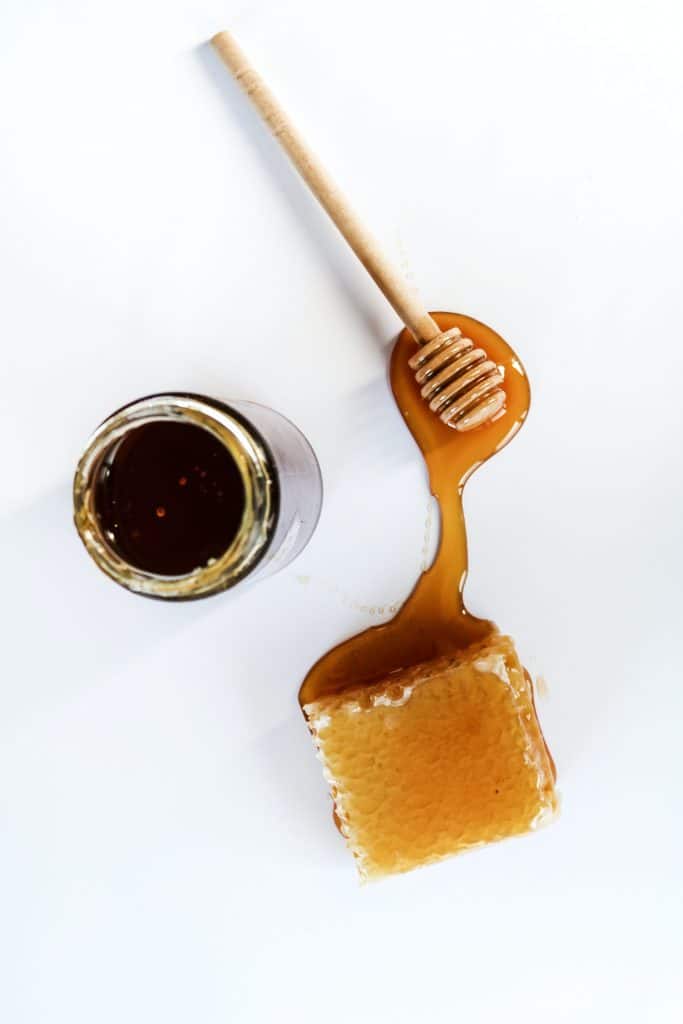How to get an Assault Family Violence charge dismissed
If you are facing a pending charge for domestic violence or assault, you may be wondering if it’s possible to get the case dismissed. When handled correctly by an experienced attorney, there are in fact several ways these charges can be dismissed.
Of course every case is different, and this post is not legal advice. I have not considered your specific situation. If you would like legal advice, you can submit a contact form to schedule a no-cost consultation.
Of course every case is different, and this post is not legal advice. I have not considered your specific situation. If you would like legal advice, you can submit a contact form to schedule a no-cost consultation.
Honey and Vinegar in handling AFV cases
When trying to get an assault charge dismissed, my approaches can generally be divided into two categories – honey and vinegar. You may have heard the saying that “you catch more flies with honey than vinegar, so that’s the approach I usually try first. So what does that mean in the context of DV cases?
Talk to the Complaining witness
The complaining witness (CW) is legal speak for the alleged victim. It can be very important to speak with him or her because they may not be wanting to “press charges”. They don’t have authority to drop the charges. Only the prosecutor can do that. But they can have influence over that decision.One way the CW can aid is by completing an affidavit of prosecution, which is a document that states that they do not want to be called in a criminal prosecution. Another way they can help is by contacting the victim’s advocate in the prosecutor’s office and explaining why they do not wish to prosecute. It can be persuasive in getting the case dismissed.
Complete AFV classes
When you bond out on a Family Violence Charge, you are typically given instructions to get a Family Violence Assessment. The assessment will recommend classes. These can be Batter’s Intervention Protection Program (BIPP) or some other class offered by Travis County Counseling and Education Services (CES). Many people ignore these classes. They can be difficult to schedule, and boring to sit through. However, if you complete these classes early, it can definitely help in plea negotiations, and in some cases – getting your case dismissed.

Present Mitigating Evidence
Another way to approach the prosecutor with honey is to present evidence that shows you have good character. This could be evidence that you have a good job, support your kids, engage in community service, etc. The possibilities are endless, and it can be one more way to try to get the prosecutor on our side to dismiss the DV case.Suggest the Family Violence Intervention Program (FVIP)
This one is only available in Travis County, but some other jurisdictions have similar programs. With FVIP, the prosecutor can save a little face because they will require a waiting period before they will dismiss outright. During this waiting period, you must complete classes, comply with protective orders (if there are any) and of course, do not pick up any new criminal charges. Assuming you can complete these requirements, the prosecutor will dismiss.When that doesn’t work, use vinegar
Sometimes the honey approach doesn’t work, and we have to change course. There are several ways to use vinegar as well. Depending on the facts of the case, these approaches are in conjunction with the ones mentioned previously.

